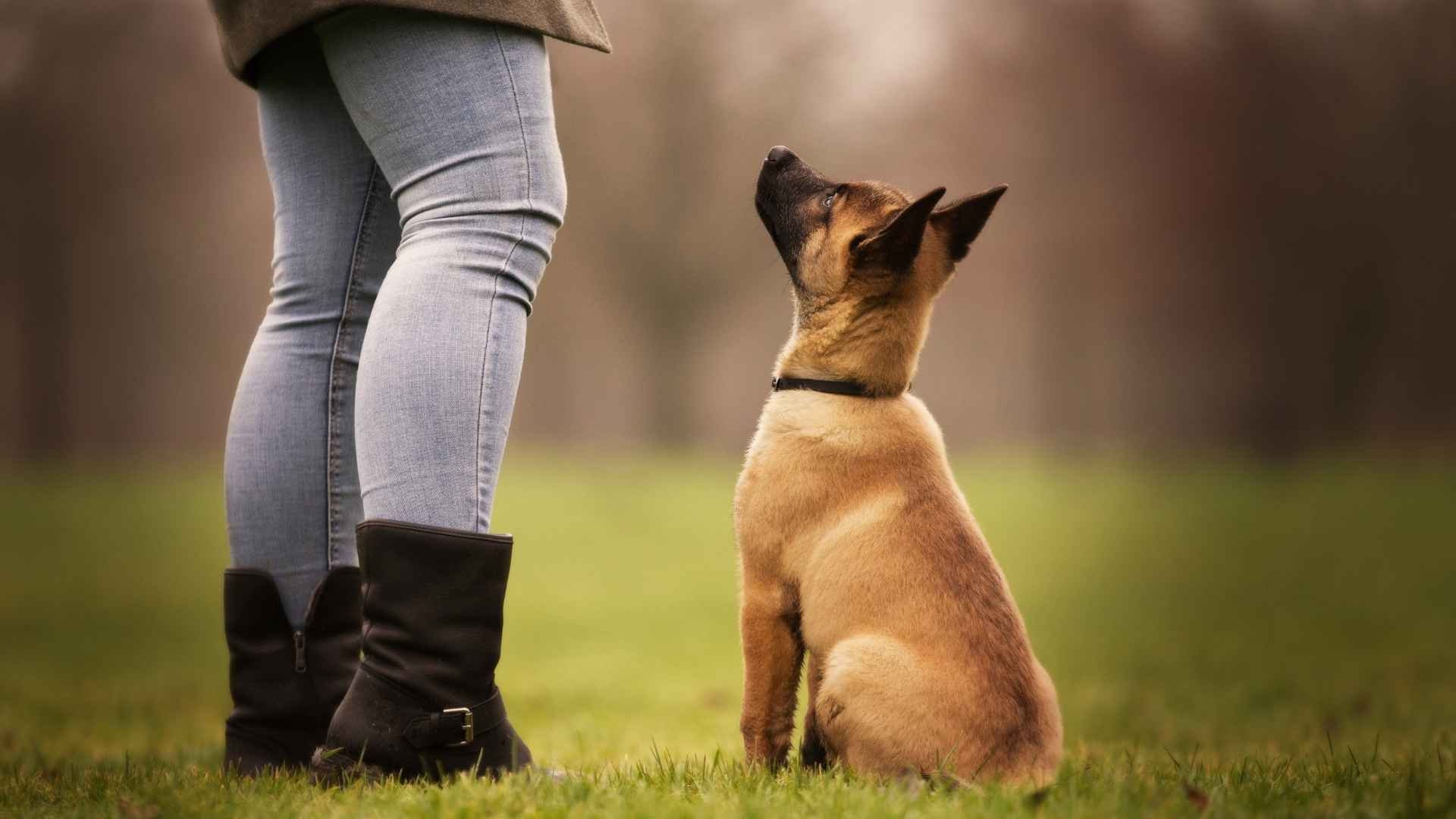Not every dog is born to follow commands instantly—or completely ignore them. Many fall right in the middle, displaying a thoughtful mix of trainability and independence. These breeds can learn well, but they won’t always jump into action the moment you speak. That balance creates fascinating companions who are capable yet self-assured.
Moderately responsive dogs are perfect for owners who want a pup that’s smart and manageable but not overly clingy or robotic. These dogs have opinions and a mind of their own, but when treated with patience and respect, they become loyal and rewarding partners.
Whether you’re a first-time dog owner or an experienced handler looking for a more relaxed dynamic, these breeds offer a refreshing take on obedience.
Let’s take a look at seven such breeds and what makes them unique in their behavior and training approach.
Moderately Responsive Dog Breeds
1. Dachshund
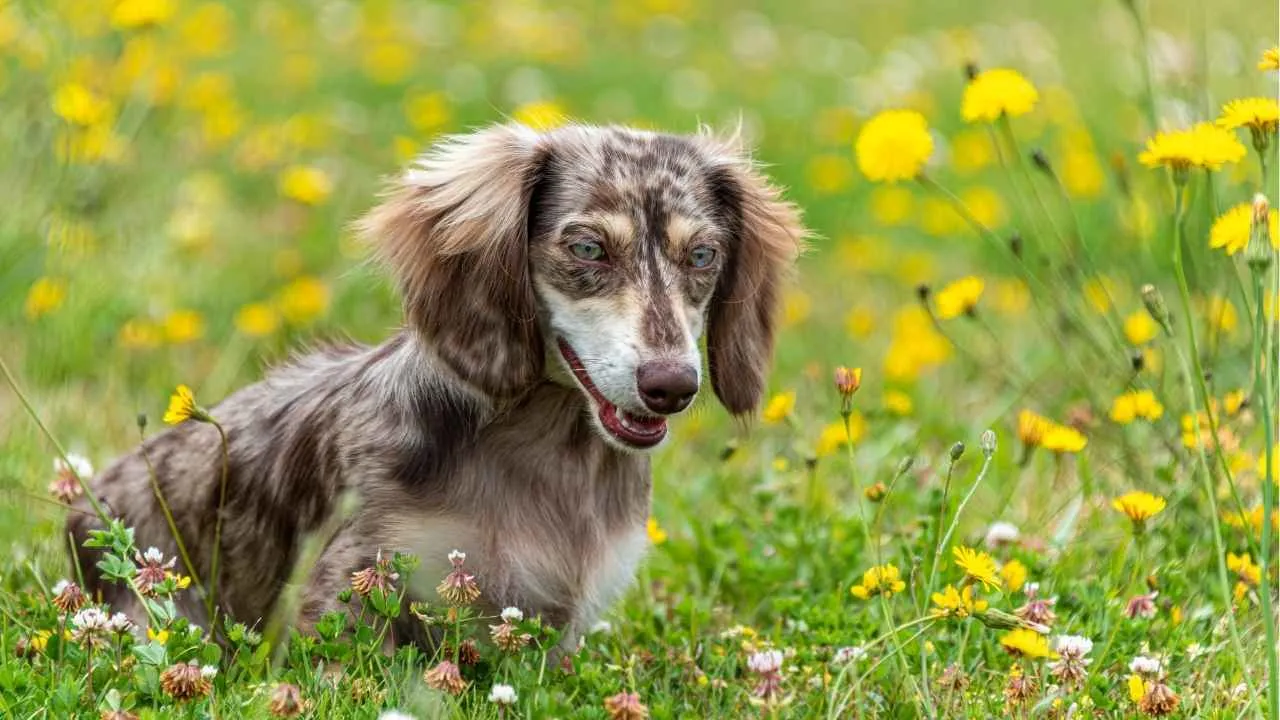
Dachshunds bring a bold spirit wrapped in a compact frame. Known for their curiosity and confidence, they often weigh their options before deciding whether to respond to a command. As per AKC, this breed is clever and observant, often surprising owners with its problem-solving instincts.
While they’re capable learners, Dachshunds aren’t particularly eager to perform just for praise. They require training sessions that are short and engaging, ideally involving treats or toys to maintain focus. The moment a session becomes repetitive, their enthusiasm starts to wane.
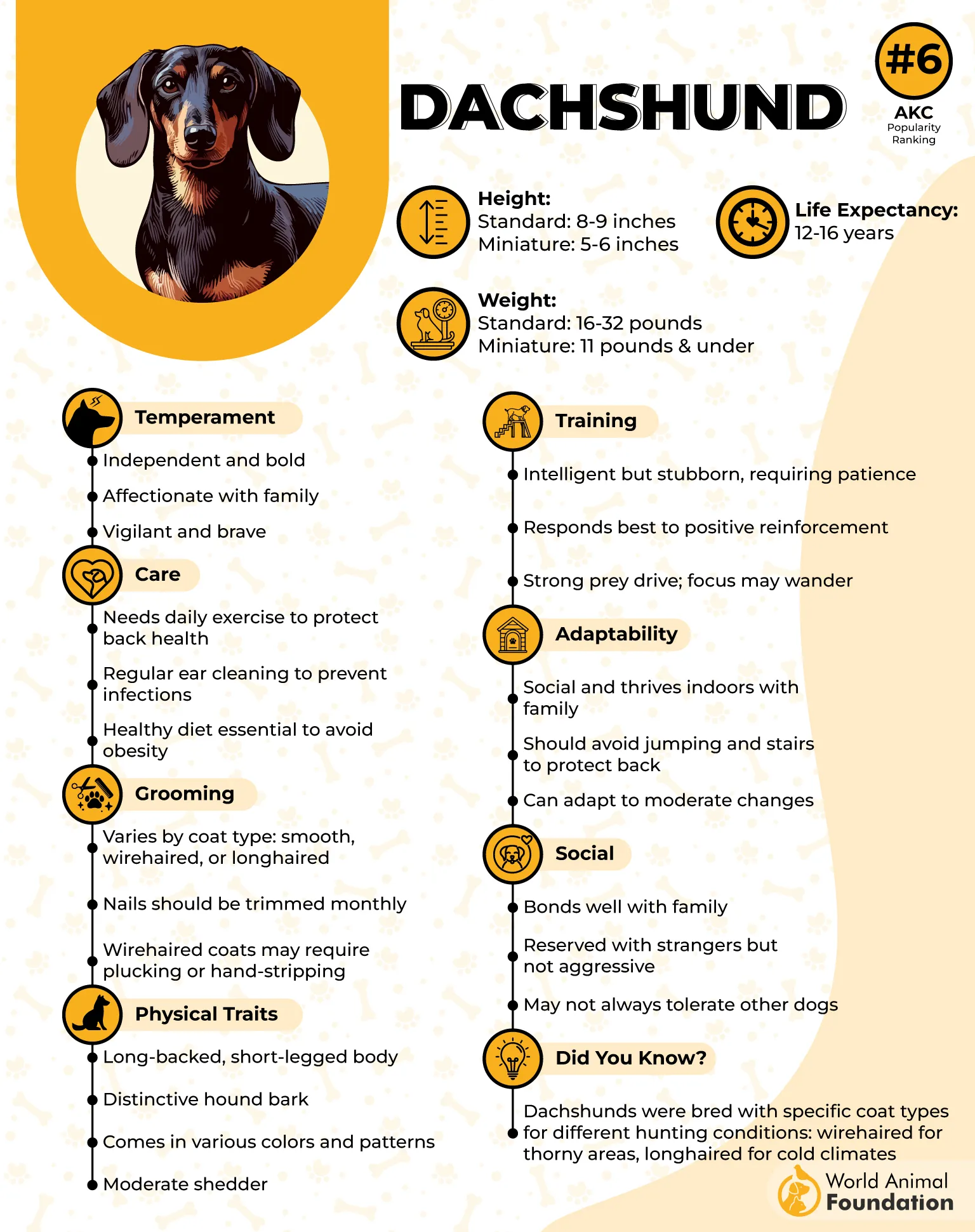
Despite their stubborn edge, they are emotionally sensitive and pick up on human tone quickly. Yelling or harsh corrections can damage trust, so calm persistence tends to yield better results. Establishing boundaries early helps them feel secure while respecting your role as a leader.
Exercise helps channel their energy and reduces resistance during training. A tired Dachshund is more cooperative and responsive. Daily walks paired with scent-based games stimulate both their body and mind, improving overall behavior.
Dachshunds form deep attachments to their family and enjoy routine. When trust is established, they become more willing to comply, even if a little skepticism remains. Over time, their sass turns into an endearing character, making every interaction enjoyable.
2. French Bulldog
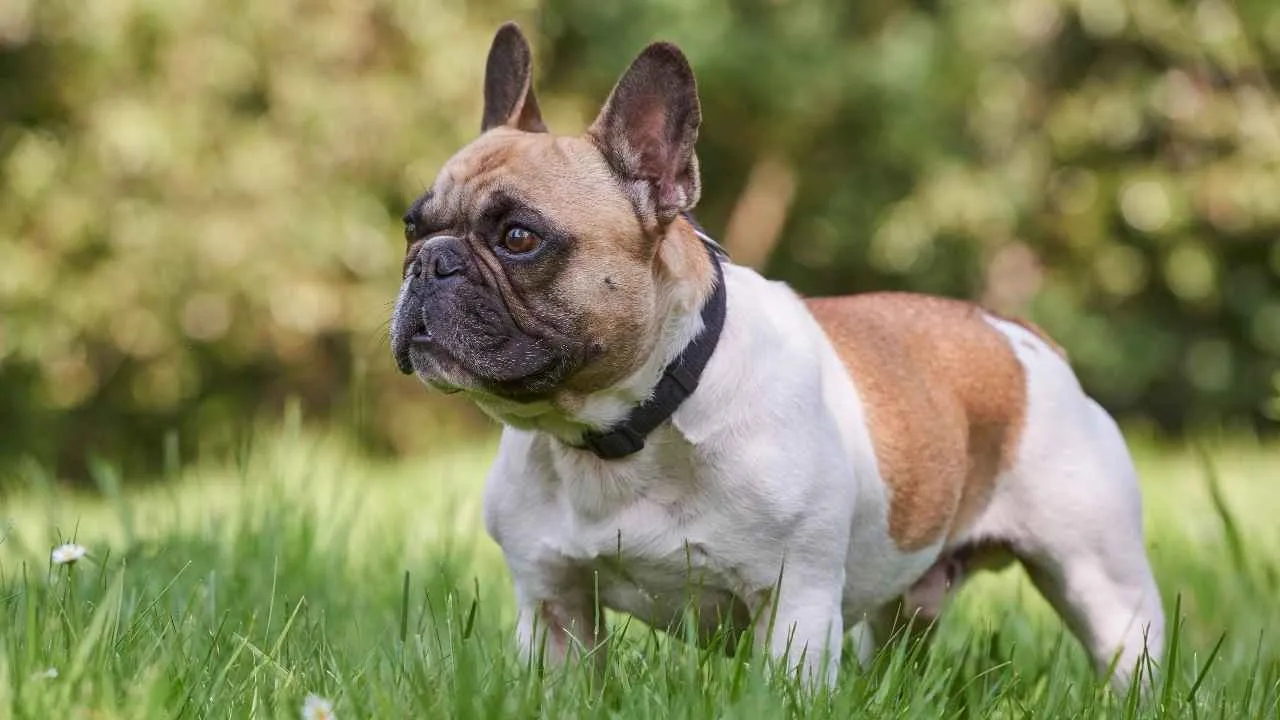
French Bulldogs often do things at their own pace. Their quiet confidence and laid-back energy make them less inclined to follow every direction immediately, but they still appreciate structure. These dogs are more responsive in calm, consistent environments.
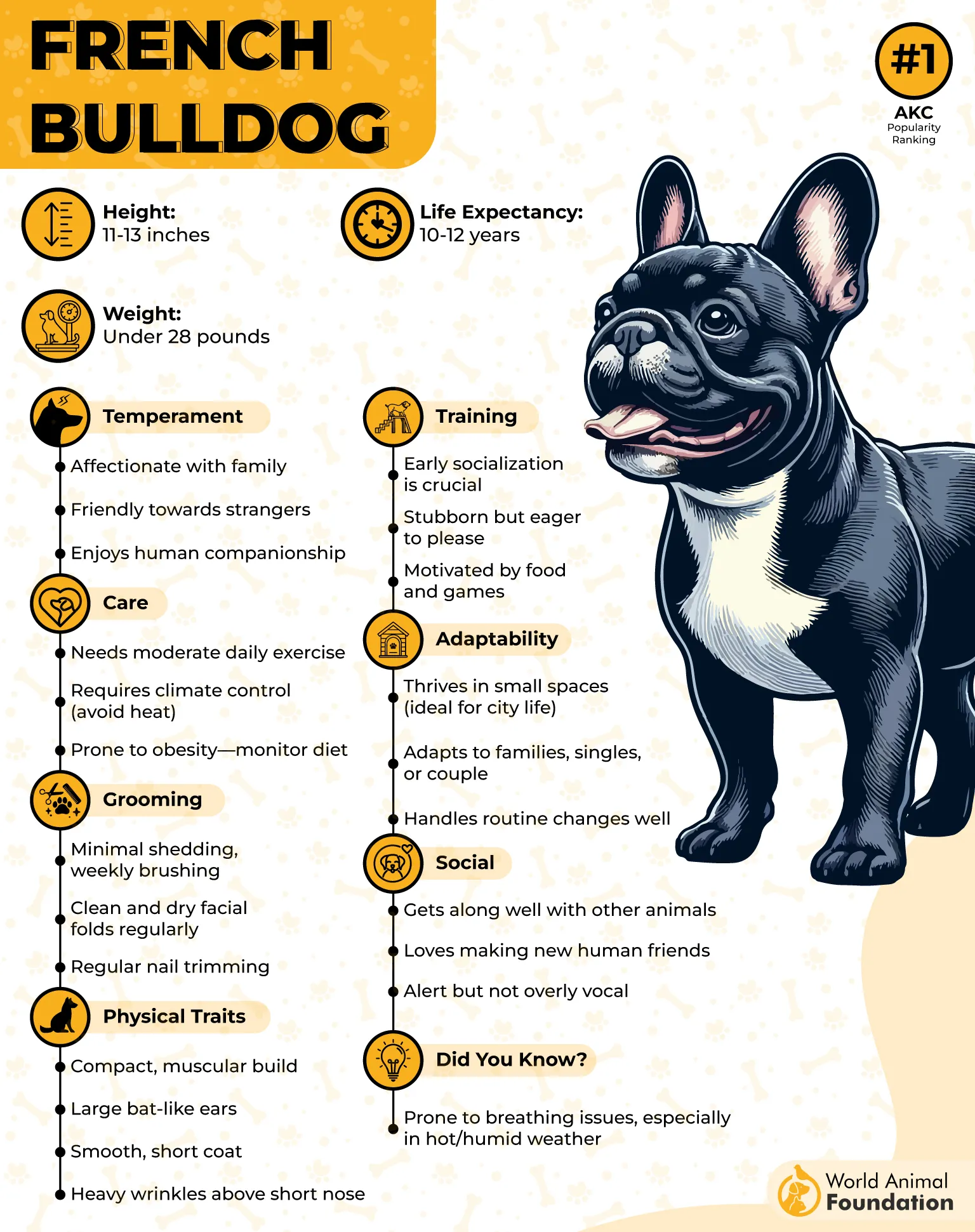
They do well with positive reinforcement, especially when rewarded with affection or food. Harsh discipline is ineffective and can cause stubborn pushback. Sessions with variety and brief focus points are the most productive for this breed.
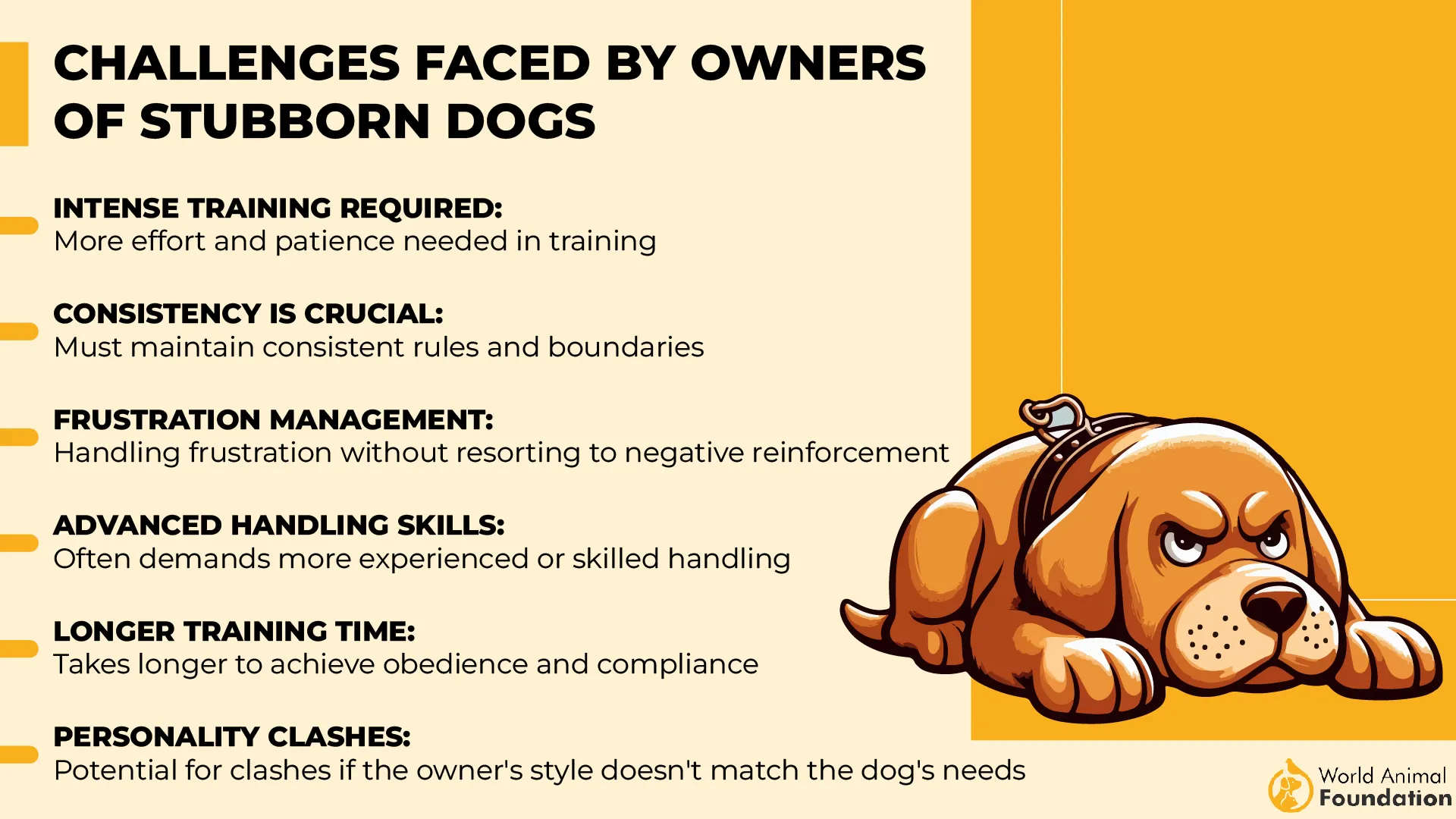
Their independent nature often comes off as aloofness, but it’s not defiance—they just prioritize comfort. Frenchies are great at reading human emotions and will adjust their behavior when approached gently and clearly.
Social interactions play a large role in responsiveness. A well-socialized French Bulldog responds better to both people and commands. Early exposure to sounds, settings, and strangers encourages flexibility and attentiveness in daily life.
At home, they prefer routines but dislike monotony. If training is fun and filled with praise, they become cooperative, even if still a bit cheeky. Their charm lies in this mix of mischief and manageable behavior.
3. Cavalier King Charles Spaniel

Cavaliers are gentle souls who prefer harmony over confrontation. Their response to commands depends heavily on the atmosphere; calm tones and encouragement work wonders. They’re not pushovers, but they don’t push back either.
Training these dogs requires empathy. They do not thrive in chaotic or overly intense situations. A soft, structured environment allows their true intelligence to shine. While they may not rush to obey, they aim to please when treated respectfully.
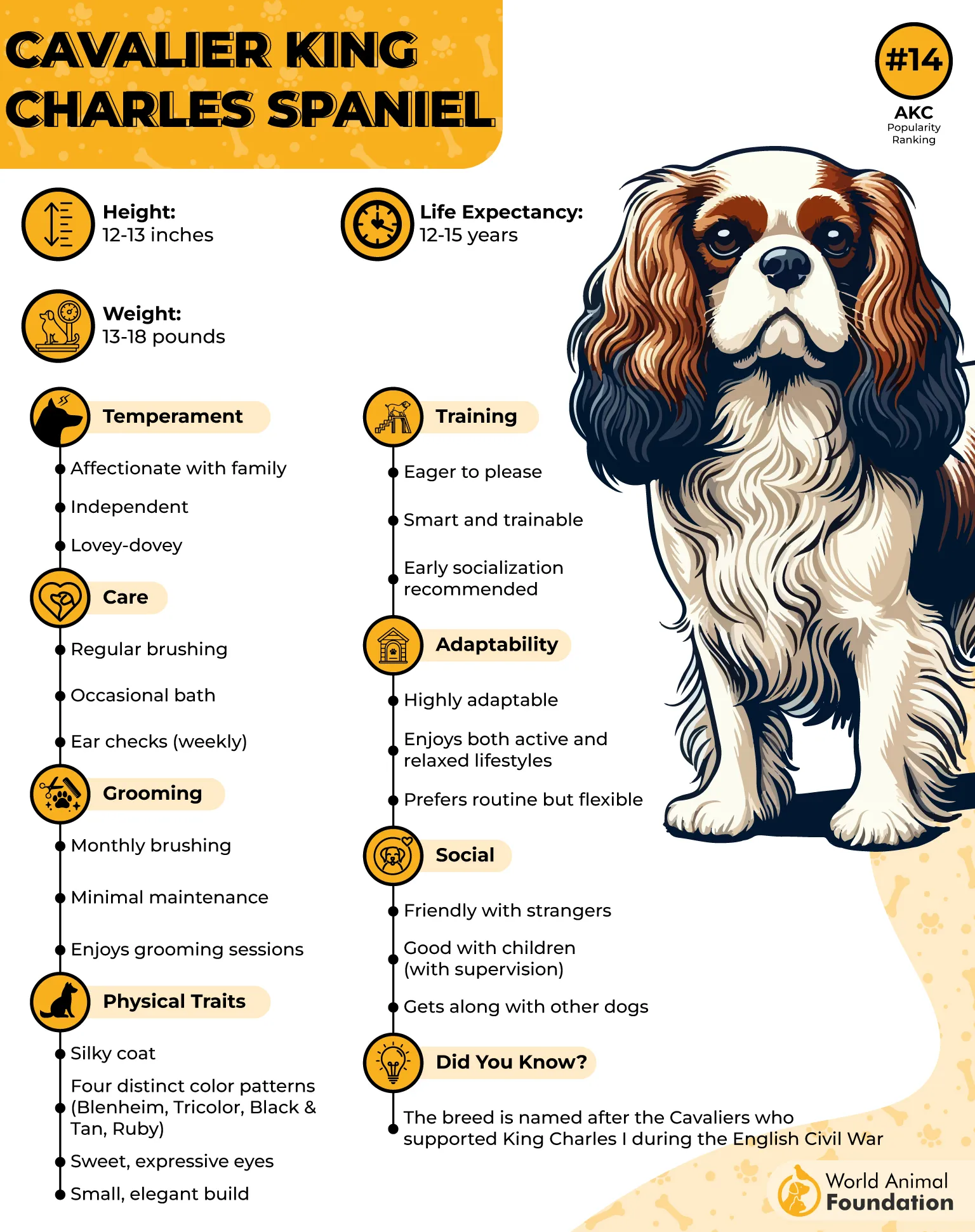
Their emotional sensitivity means they often mirror your mood. Frustration from a trainer leads to hesitancy, while confidence encourages cooperation. Keeping sessions light, supportive, and focused on building trust leads to consistent progress.
This breed doesn’t need flashy drills to succeed. They learn best through gentle repetition and praise-based reward systems. Once they understand the purpose of a command, they retain it well and apply it calmly.
With a balanced temperament, Cavaliers rarely show aggression or resistance. Their moderate responsiveness makes them great companions for families, seniors, and first-time dog owners looking for a responsive but relaxed canine partner.
4. Boston Terrier
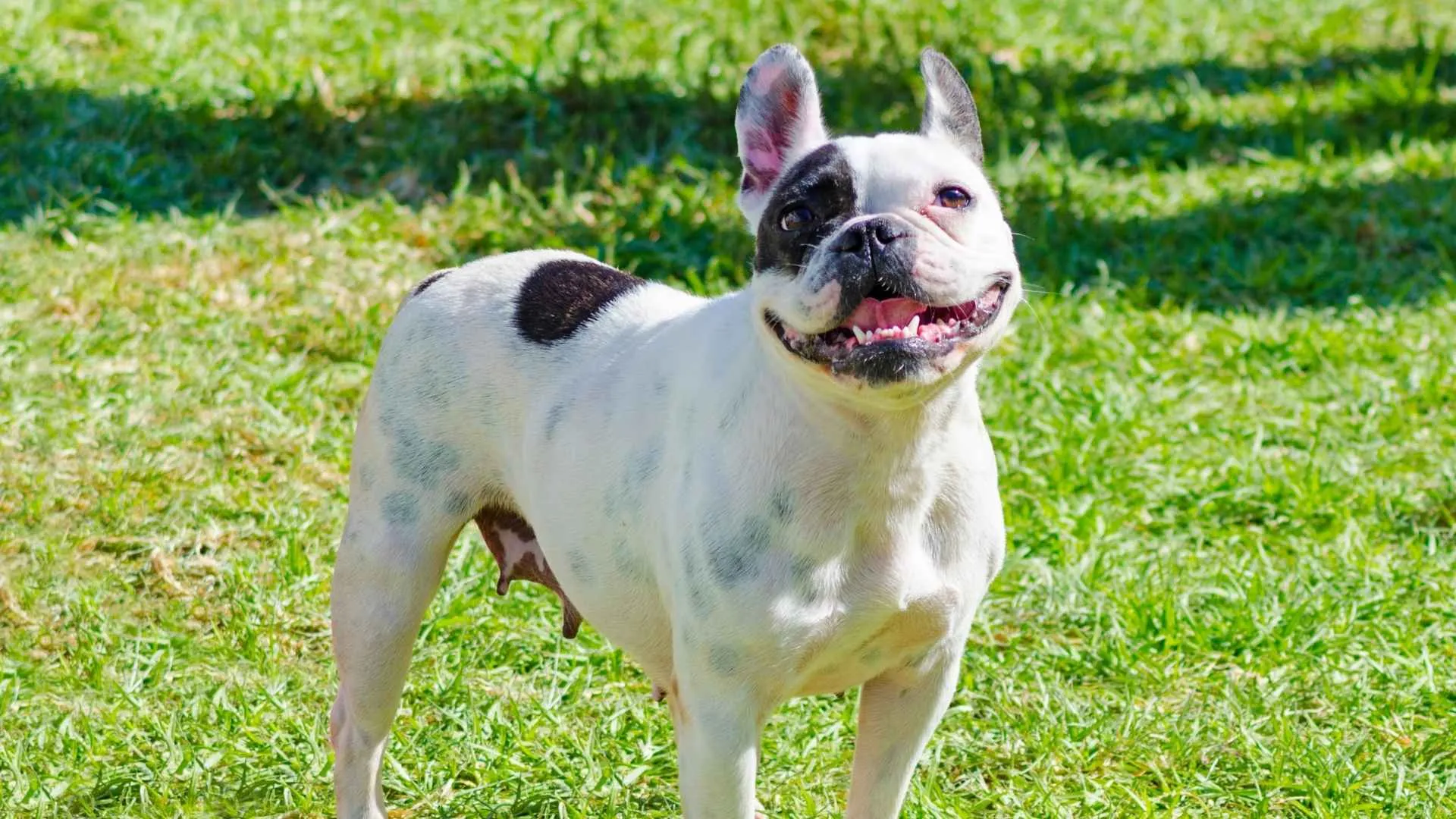
Boston Terriers are full of personality and often add flair to every training session. They are quick-witted but prefer to interact on their terms. This trait makes them moderately responsive and trainable, but with a hint of theatrical charm.
As per PetMD, they’re naturally playful, so incorporating movement and games into training increases engagement. These dogs excel in short bursts but lose focus if repetition sets in. Their attention span can be fickle, so switching things up keeps them attentive.
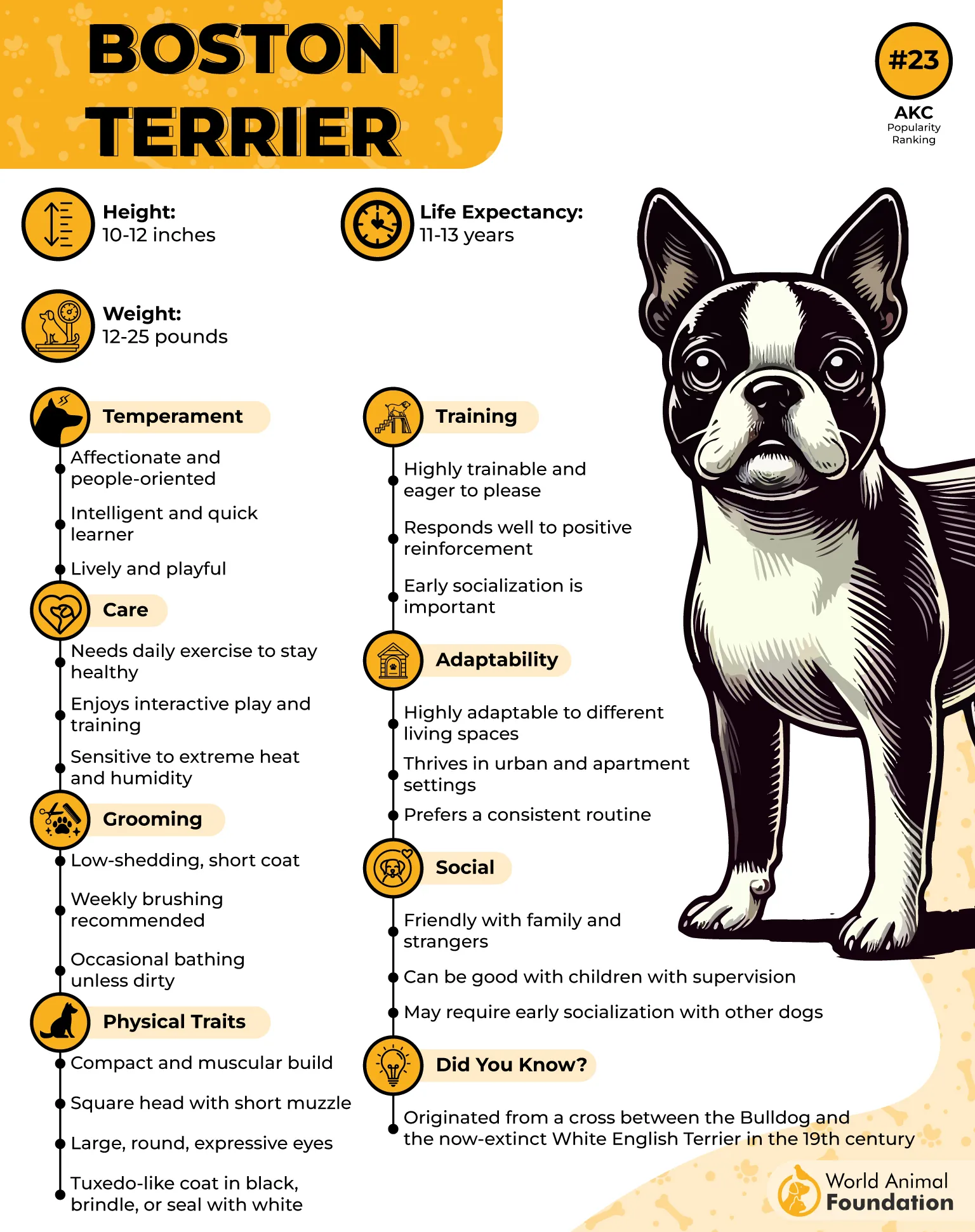
They’re not ones to blindly obey, but once a bond forms, they strive to entertain and connect. Their eagerness to please kicks in when mutual respect is established. They may not be instant responders, but they’ll make you laugh while they process your requests.
Environmental stimulation also plays a role. In high-distraction settings, they may ignore commands temporarily. Quiet, familiar spaces with minimal interference help them stay tuned in and be more willing to respond consistently.
Boston Terriers shine when training feels like a shared adventure rather than a strict set of rules. Their responsiveness grows as they mature and develop trust in their trainer’s intentions and tone.
5. Shih Tzu

Shih Tzus enjoy a royal reputation—and they tend to act like it. Their moderate responsiveness stems from a deep-rooted belief in comfort and routine. They’re fully capable of learning commands, but only if the approach is respectful and non-confrontational.
They don’t rush into activities or react to pressure. Instead, they evaluate situations and respond when they feel secure. Sessions with a soothing pace, consistent cues, and gentle praise work best to earn cooperation.
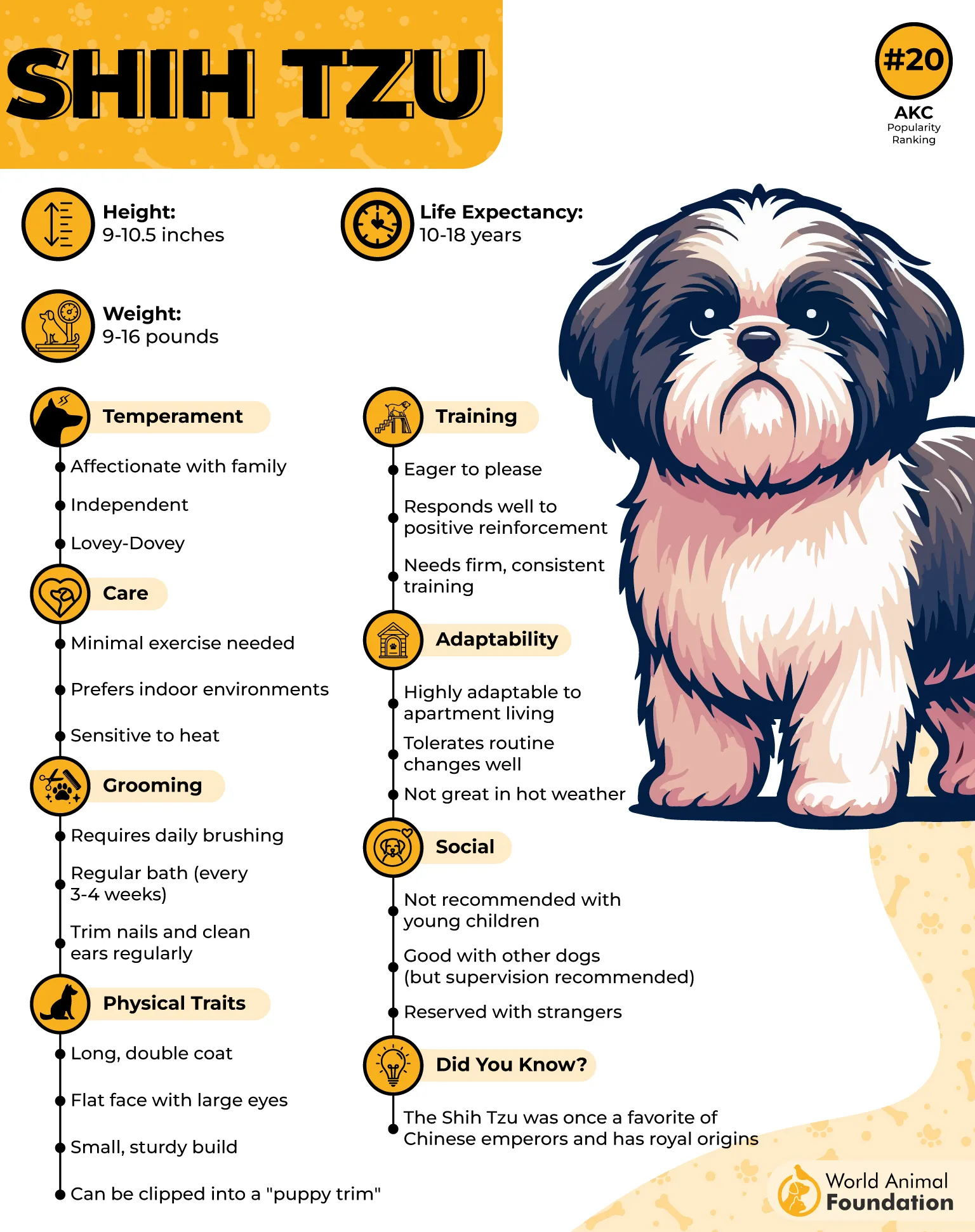
Because of their calm nature, they’re often underestimated in training. However, they grasp concepts quickly when given autonomy. Offering choices—such as picking a reward—helps build engagement and reduces resistance.
Grooming, handling, and daily care routines are training opportunities in disguise. When approached positively, these rituals strengthen the dog-owner bond and enhance responsiveness in other areas, too.
Shih Tzus value stability and thrive on predictability. With time and repetition that doesn’t feel forced, their loyalty drives them to follow through, even if it’s at their own measured rhythm.
6. Chihuahua
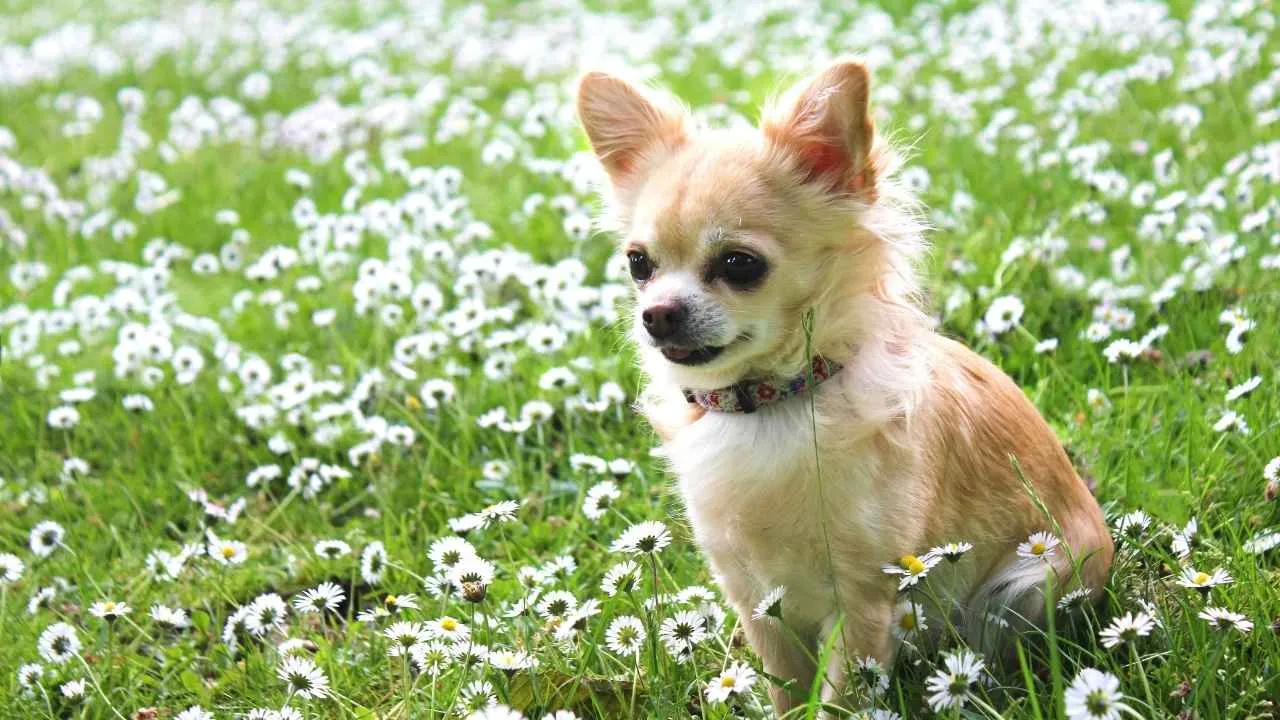
Chihuahuas may be small, but their attitude is larger than life. This breed often responds best when they feel respected as equals. Their moderate responsiveness is less about defiance and more about self-preservation.
They’re deeply bonded to their favorite person, and that connection determines how receptive they are. Commands from strangers or casual acquaintances may be ignored. Trust, once earned, dramatically improves response levels.
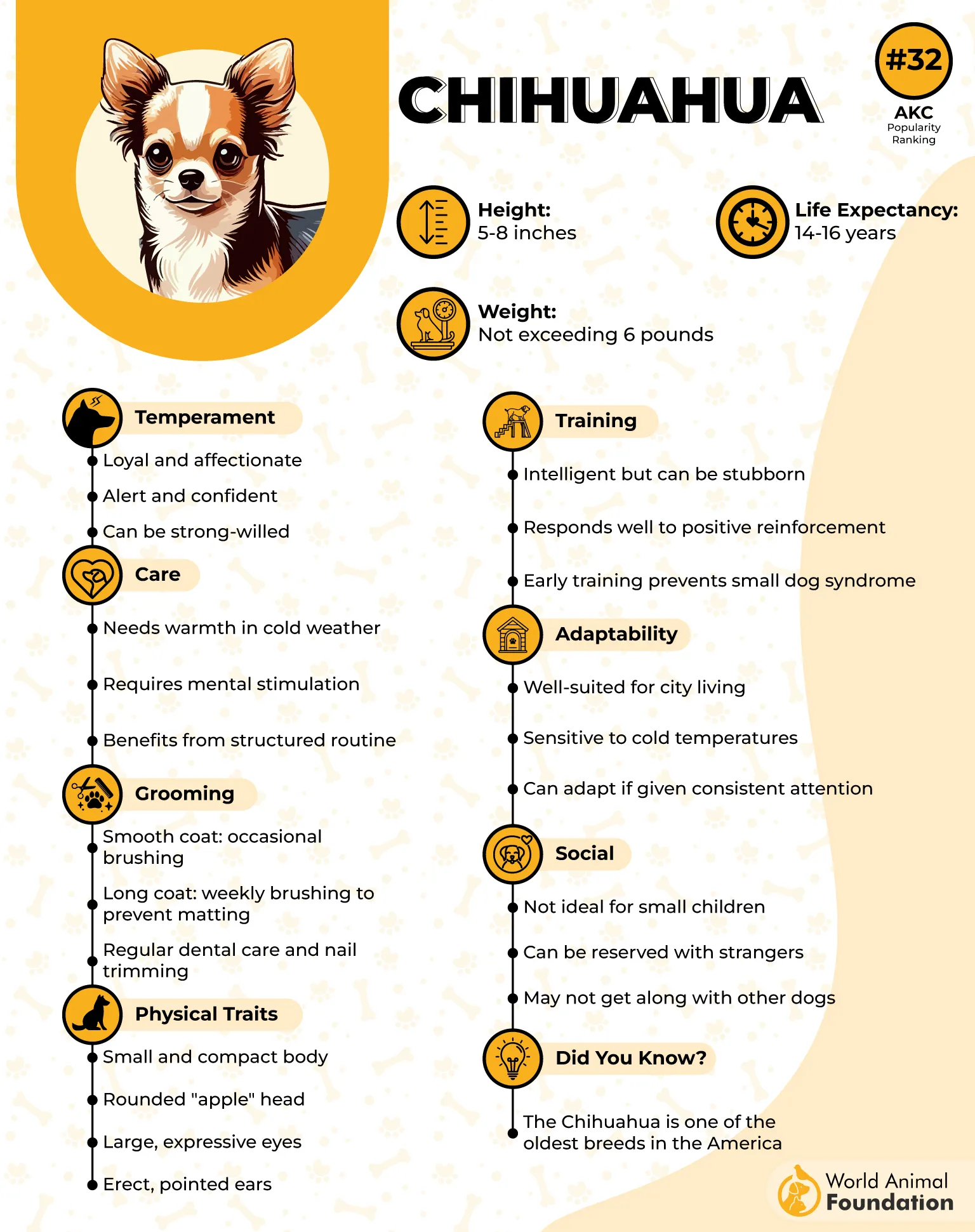
Training works best when it’s personalized. Chihuahuas dislike generic routines and prefer short, focused activities with variety. They engage more when they’re mentally stimulated and treated with dignity.
Early socialization shapes their behavior as adults. Regular exposure to different people, sounds, and spaces increases their openness to direction and instruction. Left untrained, their fierce independence can become challenging.

Given their alert instincts, they often vocalize their feelings. Teaching quiet cues and boundaries early builds mutual understanding, which makes future training smoother and more collaborative.
7. Pug

Pugs are the comedians of the dog world. They respond to commands when they see value in the interaction, often food-related. Their moderate responsiveness is not rooted in resistance but in a preference for pleasure over precision.
Britannica states that these dogs thrive on affection and attention. Praise and treats motivate them far more than stern corrections. They’re people-oriented and often aim to please when it fits their mood.
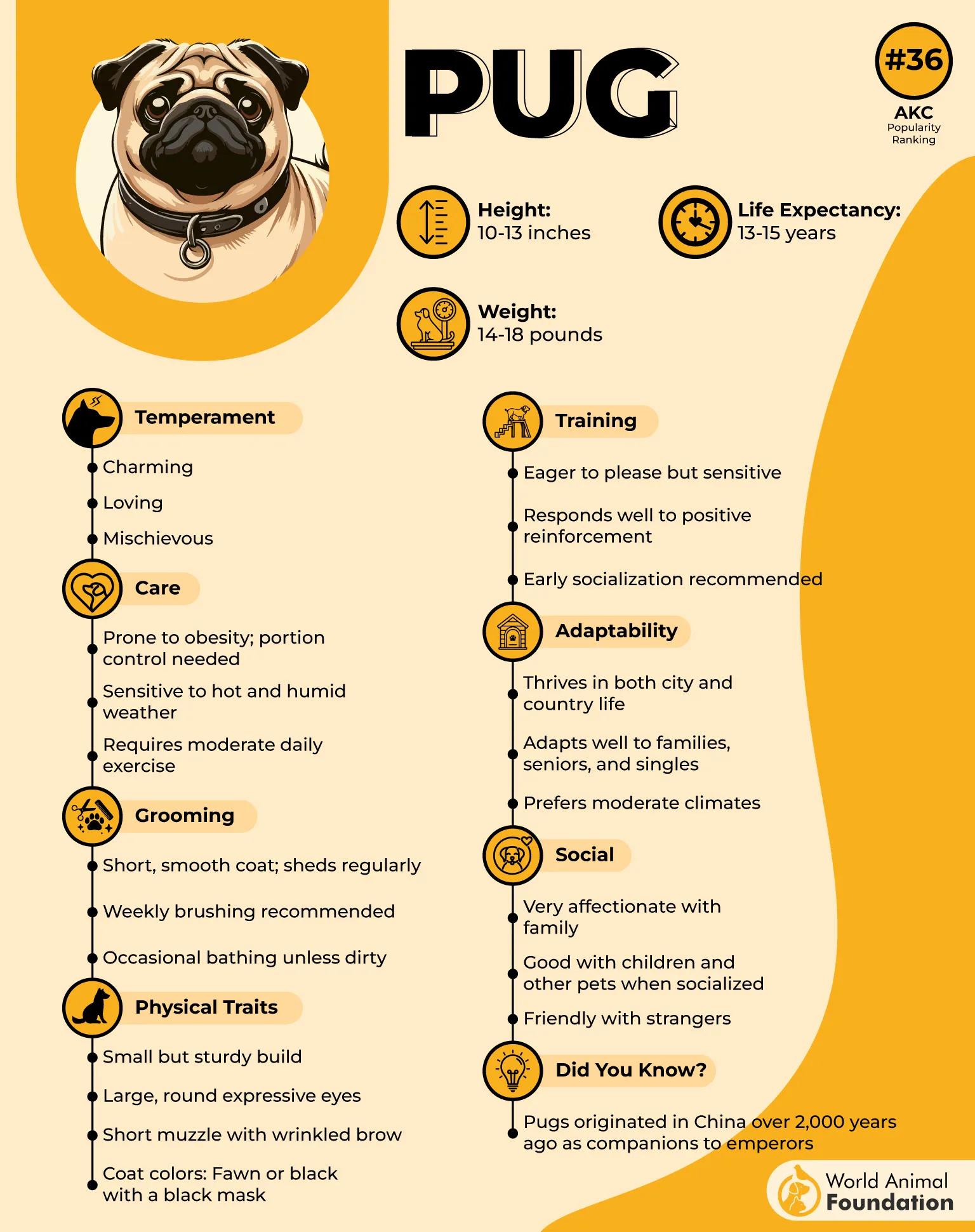
Short, positive sessions keep them on track. Long or rigid routines cause disinterest, so flexibility and humor go a long way. They enjoy being involved and often respond better when training feels like a social activity.
Pugs dislike isolation and become more compliant when they feel included in family life. Responsive behavior is strengthened when they feel emotionally secure and well-connected.
With consistent reinforcement, they learn quickly—but they may still pause for comedic effect or sniff out an alternative. Their responsiveness improves with age, trust, and a light-hearted training atmosphere.
Conclusion
Moderately responsive breeds offer a refreshing middle ground in the world of canine behavior. These dogs enjoy a balance between independence and obedience, responding best to gentle consistency and thoughtful training. Though not overly eager, they can still be eager learners—especially when guided by a calm, understanding owner.
Whether you’re drawn to a petite dog breed for apartment living or a more active medium-sized dog, many of these breeds fit easily into everyday life. They often rank among the best dog breeds for people seeking balance—a dog that listens but still has its own personality.
With the right encouragement, they can be as lively as any energetic dogs, yet calm enough to bond deeply with families. These affectionate dogs tend to be social, and with early socialization, they can get along well with other dogs, making them truly excellent family dogs.
Many are also considered intelligent breeds, capable of learning quickly when training is kept engaging. As with all dogs, routine care is important, especially ear cleaning, which helps prevent discomfort and keeps them healthy.
At their core, these breeds bring heart, personality, and loyalty. While they may not follow every command instantly, each one proves to be a thoughtful, adaptable, and undeniably loyal dog.


